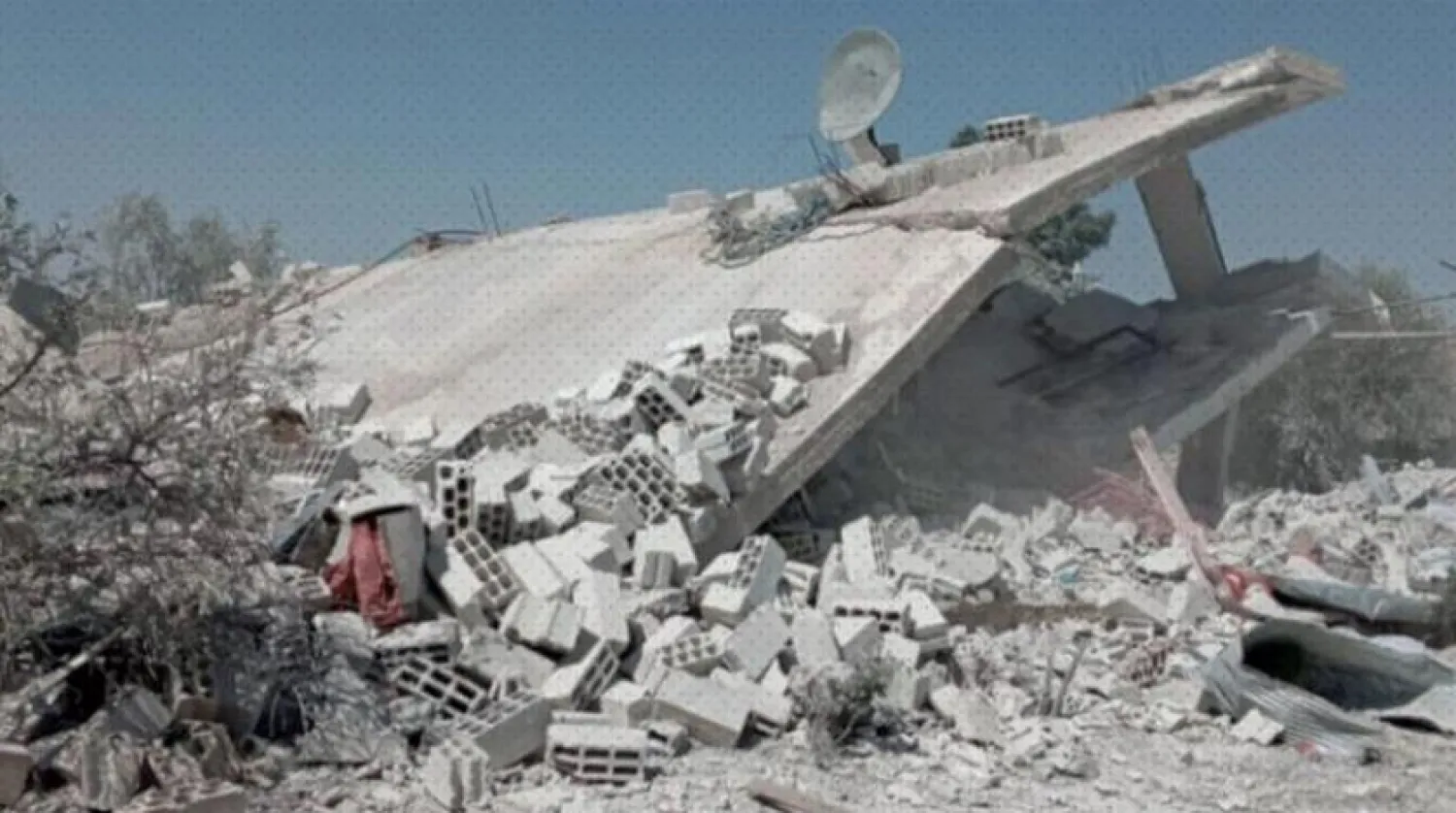Ceasefire negotiations have started in Syria's southern province of Daraa after the deadliest flareup in three years killed 28 people, including 11 civilians, the Syrian Observatory for Human Rights said Friday.
The clashes on Thursday between regime forces and opposition fighters marked one of the deadliest days of fighting in Syria in recent months.
They posed a fresh challenge to a Moscow-brokered truce that allowed fighters to stay in Daraa province after it was taken by the regime of Bashar Assad in 2018.
On Friday, the two sides exchanged tit-for-tat machine gunfire but refrained from escalating attacks following talks to stop the fighting, the Observatory said.
The negotiations between the Syrian army, security officials and a committee of Daraa residents formed in the wake of the clashes, came under pressure from Russia and it remains to be seen whether a ceasefire deal was reached, the monitor said.
Thursday´s exchange started when the army launched a ground assault backed by artillery on Daraa al-Balad, a southern district of the provincial capital that is considered a hub for former opposition groups, the Observatory said.
In response, fighters launched a broad counterattack, seizing several government positions across the province and capturing more than 40 troops and militiamen, it added.
The violence killed 28 people, including eight government fighters and nine gunmen affiliated with opposition groups.
Shelling by the army of several parts of Daraa also killed 11 civilians, including several children.
According to AFP, the Observatory said the clashes were the fiercest and most extensive to hit Daraa since it came under regime control.









